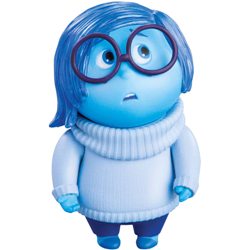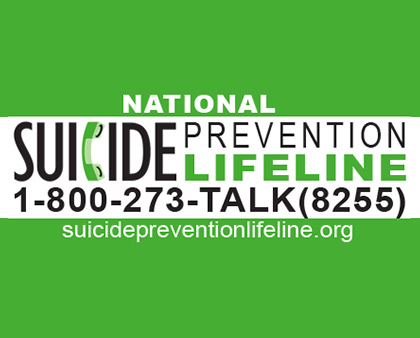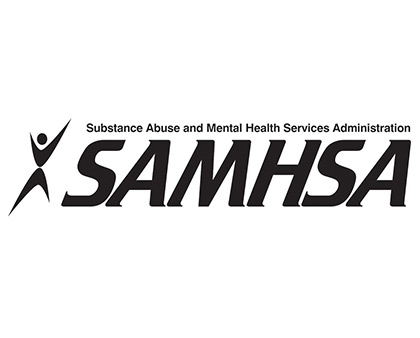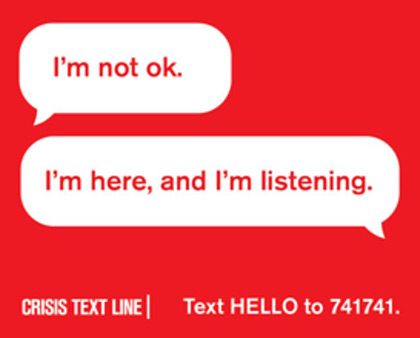More than the blues
College is a new, exciting time for students but this new experience may be challenging and even overwhelming at times.
Students may be leaving home for the first time, navigating living independently, meeting new people, taking tougher courses, and getting less sleep.
We all feel moody, sad, or grumpy from time to time but these feelings pass. But if they don't?
You're not alone. Depression is the most common health problem for college students.
What is depression?
Sadness is only a small part of depression. Some people with depression may not feel sadness at all, but be more irritable, or just lose interest in things they usually like to do. Depression interferes with your daily life and normal function.
- Depression is a medical illness.
- Depression can be treated.
- Early treatment is best.
- Most colleges offer free or low-cost mental health services to students.
- Don't ignore or try to hide the symptoms. It is not a character flaw, and you can't will it away.
What are the signs and symptoms of depression?
If you have been experiencing any of the following signs and symptoms nearly every day for at least 2 weeks, you may have major (sometimes called "clinical") depression:
- Persistent sad, anxious, or "empty" mood

- Feelings of hopelessness, pessimism
- Feelings of guilt, worthlessness, helplessness
- Loss of interest or pleasure in hobbies and activities
- Decreased energy, fatigue, being "slowed down"
- Difficulty concentrating, remembering, making decisions
- Difficulty sleeping, early-morning awakening, or oversleeping
- Appetite and/or unwanted weight changes
- Thoughts of death or suicide; suicide attempts
- Restlessness, irritability
- Persistent physical symptoms, such as muscle pain or headaches
Not everyone who is depressed experiences every symptom. Some people experience only a few symptoms. Some people have many. If any of these symptoms are interfering with your functioningor if you are having thoughts that life is not worth living or ideas of harming yourselfyou should seek help immediately; it is not necessary to wait 2 weeks.
Are there different types of depression?
Yes. The most common depressive disorders include
- major depression
- a discrete episode, clearly different from a person's usual feeling and functioning,
- persistent depressive disorder
- a chronic, low-grade depression that can get better or worse over time
- psychotic depression
- the most severe, with delusions or hallucinations
Some people are vulnerable to depression in the winter ("seasonal affective disorder"), and some women report depression in the week or two prior to their menstrual period ("premenstrual dysphoric disorder").
If I think I may have depression, where can I get help?
Most colleges provide mental health services through counseling centers, student health centers, or both. Check out our Where to Get Help page for information about mental health services available on and off campus to fit your schedule.



